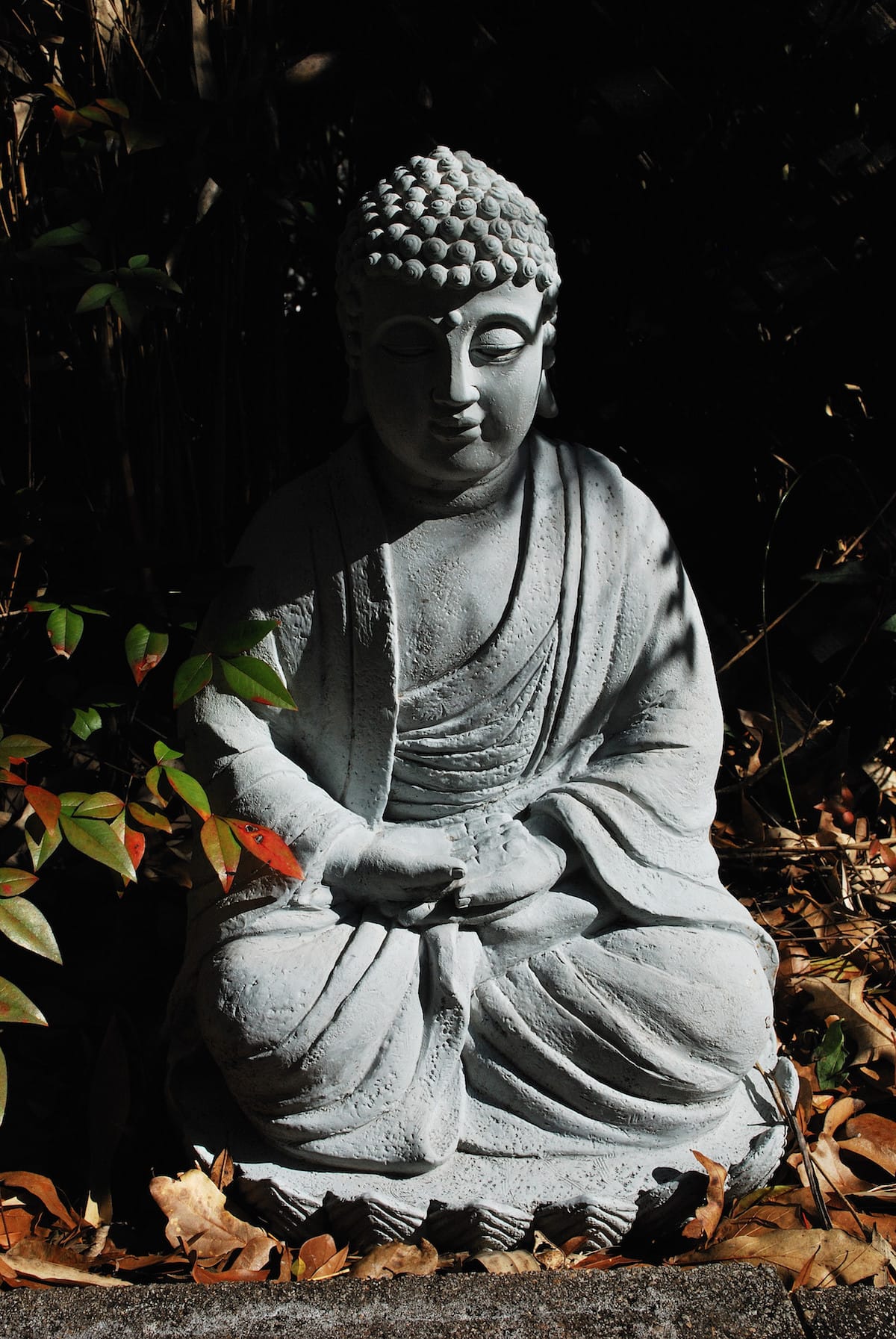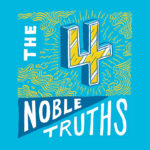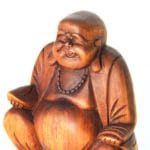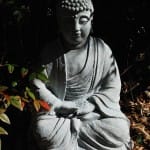These four truths are called noble because they liberate us from suffering. They are the Buddha’s basic teaching, encapsulating the entire Buddhist path.
Between Arhat and Bodhisattva
 Photo by Masao Yamamoto.
Photo by Masao Yamamoto.Ajahn Amaro examines the arguments for and against the arhat and bodhisattva ideals that define and too often divide the Buddhist traditions. He suggests a way out of the polarizing debate.
How do I develop insight through Buddhist practice?
We suffer, according to Buddhism, simply because we misunderstand the nature of reality. Sylvia Boorstein on developing insight into how things really are.
Now the Bad News: Birth, Old Age, Sickness, and Death
A prince was so shocked that he went off to seek enlightenment. Now, birth, old age, sickness, and death is still the impetus for awakening.
From The Under 35 Project: “Getting With the Four Noble Truths”
In an essay from the Under 35 Project, Nick Walser explains how he sees and attempts to “do” the Four Noble Truths.
The Buddha and Suze Orman
There are surprising parallels between the noble truths of Buddhism and money guru Suze Orman’s advice on getting real financially.
Forum: Does Buddhism Make You Happier?
Debating the Third Noble Truth: three teachers discuss what the Buddha meant when he promised the “end of suffering”.
Why Can’t “I” Be Happy?
The four noble truths tell us that to be happy we must first discover the causes of our unhappiness. This is the approach of the renowned French Buddhist monk Matthieu Ricard, who says that genuine happiness is only possible after we understand the fundamental mistake that is the root of our suffering.
What the Buddha Taught
The Dzogchen Ponlop Rinpoche outlines the Buddha’s teachings, broken down by the three turnings of the wheel of dharma.
The Buddha’s Noble First Teaching
 Photo by rainchurch
Photo by rainchurchTulku Thondup on the four simple and practical statements that encompass the entire Buddhist path, the Buddha’s Four Noble Truths.










